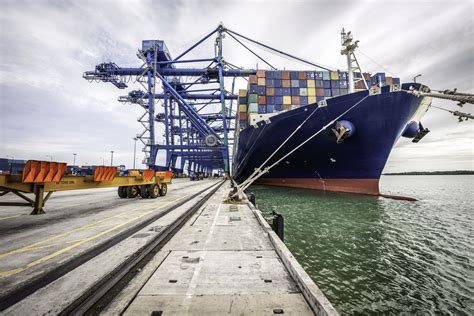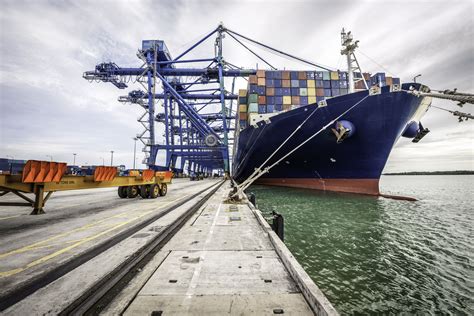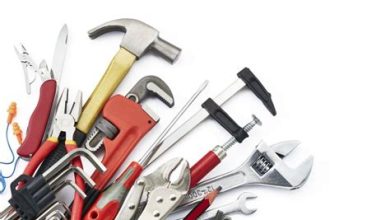Heavy Equipment Auctions: Finding Quality Machinery at Affordable Prices


Hello, Readers!
Welcome to our comprehensive guide on finding quality heavy machinery at affordable prices through auctions. Heavy equipment auctions can be a lucrative opportunity for businesses and individuals looking to expand their equipment inventory without breaking the bank. In this article, we will explore the ins and outs of heavy equipment auctions, including how to find the best deals, the strengths and weaknesses of this purchasing method, and tips for successful bidding. Let’s dive in!
Introduction to Heavy Equipment Auctions
Heavy equipment auctions are events where a large selection of machinery, vehicles, and equipment are sold to the highest bidder. These auctions often attract construction companies, rental agencies, farmers, and individuals in need of heavy machinery for various projects. Auctions can be conducted in person or online, offering a wide range of options for buyers to choose from.
One of the main advantages of heavy equipment auctions is the opportunity to find quality machinery at affordable prices. Auctions can offer significant savings compared to buying equipment new, making it an attractive option for budget-conscious buyers. Additionally, auctions provide a wide selection of equipment brands, models, and sizes to choose from, giving buyers more options to find the perfect machinery for their needs.
However, there are also some drawbacks to be aware of when participating in heavy equipment auctions. Competition can be fierce, especially for popular or high-demand items, which can drive up prices. Additionally, buyers may not have the opportunity to thoroughly inspect or test equipment before purchasing, increasing the risk of unexpected issues or hidden defects.
Despite these challenges, with proper research, preparation, and a strategic bidding approach, buyers can still find great deals at heavy equipment auctions. In the following sections, we will delve deeper into the strengths and weaknesses of this purchasing method, as well as provide helpful tips for navigating the auction process.
Strengths of Heavy Equipment Auctions
1. Affordability: Heavy equipment auctions offer the chance to purchase machinery at competitive prices, often well below retail value.
2. Variety: Auctions feature a wide selection of equipment types, brands, and models, providing buyers with numerous options to choose from.
3. Accessibility: With both in-person and online auctions available, buyers can participate in auctions from anywhere, expanding their purchasing opportunities.
4. Savings: Buying used equipment at auctions can result in significant cost savings compared to purchasing new, allowing buyers to maximize their budget.
5. Resale Value: Well-maintained equipment purchased at auctions can retain its value and be resold in the future, offering a potential return on investment.
6. Fast Acquisition: Auctions allow buyers to quickly acquire needed equipment without the extended wait times associated with ordering new machinery.
7. Networking Opportunities: Auctions provide a platform for meeting other industry professionals, building connections, and gaining insights into the market.
Weaknesses of Heavy Equipment Auctions
1. Competition: Bidding wars can drive up prices, making it challenging to secure the desired equipment at a bargain.
2. Limited Inspection: Buyers may not have the opportunity to fully inspect or test equipment before purchase, leading to potential risks of hidden defects.
3. Time Constraints: Auctions require quick decision-making and on-the-spot bidding, which may be stressful for some buyers.
4. No Warranty: Most auction sales are final, with no warranties or guarantees provided on purchased equipment, leaving buyers responsible for any repairs or maintenance needed.
5. Quality Concerns: Some auctioned equipment may be older, have higher usage hours, or show signs of wear and tear, requiring thorough evaluation before purchase.
6. Payment Terms: Auctions typically have strict payment terms and deadlines, requiring buyers to arrange financing or have funds ready in advance.
7. Hidden Costs: In addition to the bid price, buyers may incur additional fees such as buyer’s premiums, taxes, and transport costs, impacting the overall purchase price.
Table: Complete Information about Heavy Equipment Auctions
| Category | Details |
|---|---|
| Types of Equipment | Excavators, bulldozers, cranes, dump trucks, loaders, tractors, etc. |
| Auction Locations | In-person auctions in various cities, online auctions accessible globally. |
| Popular Brands | Caterpillar, John Deere, Komatsu, Volvo, Bobcat, and more. |
| Bidding Process | Open bidding, sealed bids, timed auctions, reserve prices, etc. |
| Payment Options | Cash, credit card, financing, bank wire transfer, etc. |
| Additional Fees | Buyer’s premiums, taxes, inspection fees, delivery charges, etc. |
FAQs About Heavy Equipment Auctions
1. What types of equipment are typically available at heavy equipment auctions?
Heavy equipment auctions offer a wide range of machinery, including excavators, bulldozers, cranes, dump trucks, loaders, tractors, and more.
2. How can I participate in heavy equipment auctions?
Buyers can attend in-person auctions at designated locations or participate in online auctions from anywhere with internet access.
3. What are some popular brands featured in heavy equipment auctions?
Brands such as Caterpillar, John Deere, Komatsu, Volvo, Bobcat, and others are commonly found at heavy equipment auctions.
4. Are there financing options available for auction purchases?
Many auction houses offer financing options for qualified buyers to help facilitate their purchase of heavy equipment.
5. Can I inspect the equipment before bidding at an auction?
While some auctions allow for equipment inspection, others may have limited viewing opportunities, so it’s important to check the auction details beforehand.
6. What are buyer’s premiums, and how do they impact auction prices?
Buyer’s premiums are additional fees charged by auction houses on top of the winning bid price, impacting the final purchase cost for buyers.
7. How can I transport equipment purchased at an auction to my location?
Buyers are responsible for arranging transportation of equipment from the auction site, which may involve hiring a shipping company or coordinating with a transport service.
Conclusion
As you can see, heavy equipment auctions present both opportunities and challenges for buyers seeking quality machinery at affordable prices. By understanding the strengths and weaknesses of this purchasing method, conducting thorough research, and developing a strategic bidding approach, buyers can maximize their chances of success at auctions. Whether you are a seasoned bidder or new to the auction scene, we hope this guide has provided valuable insights to help you make informed decisions and secure great deals on heavy equipment. Happy bidding!
Remember, the key to success at heavy equipment auctions lies in preparation, knowledge, and a willingness to take calculated risks. With the right mindset and approach, you can find the quality machinery you need at prices that won’t break the bank. Take advantage of the opportunities presented by auctions and reap the rewards of smart purchasing decisions. Good luck!
Disclaimer: The information provided in this article is intended for general informational purposes only and should not be construed as professional advice. Each buyer should conduct their research and due diligence before participating in heavy equipment auctions to ensure a successful and satisfactory purchasing experience.


